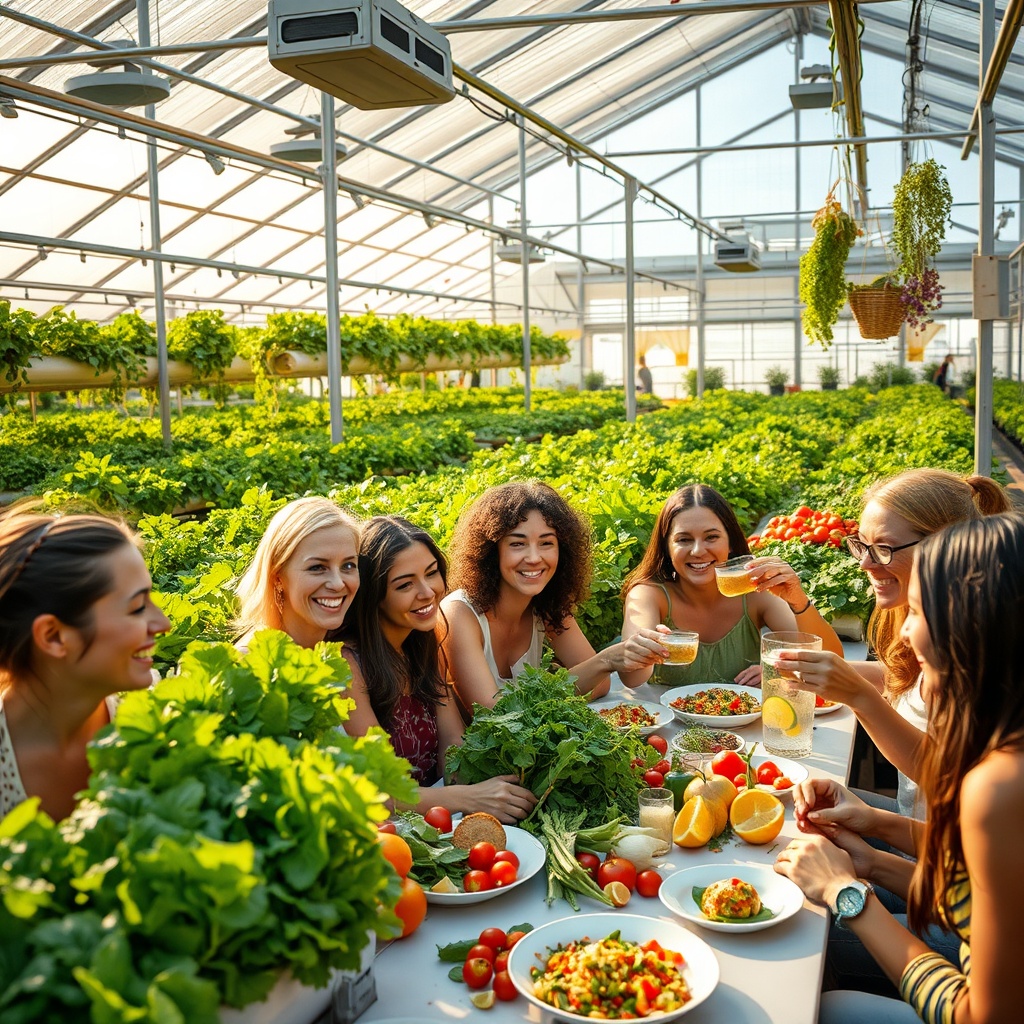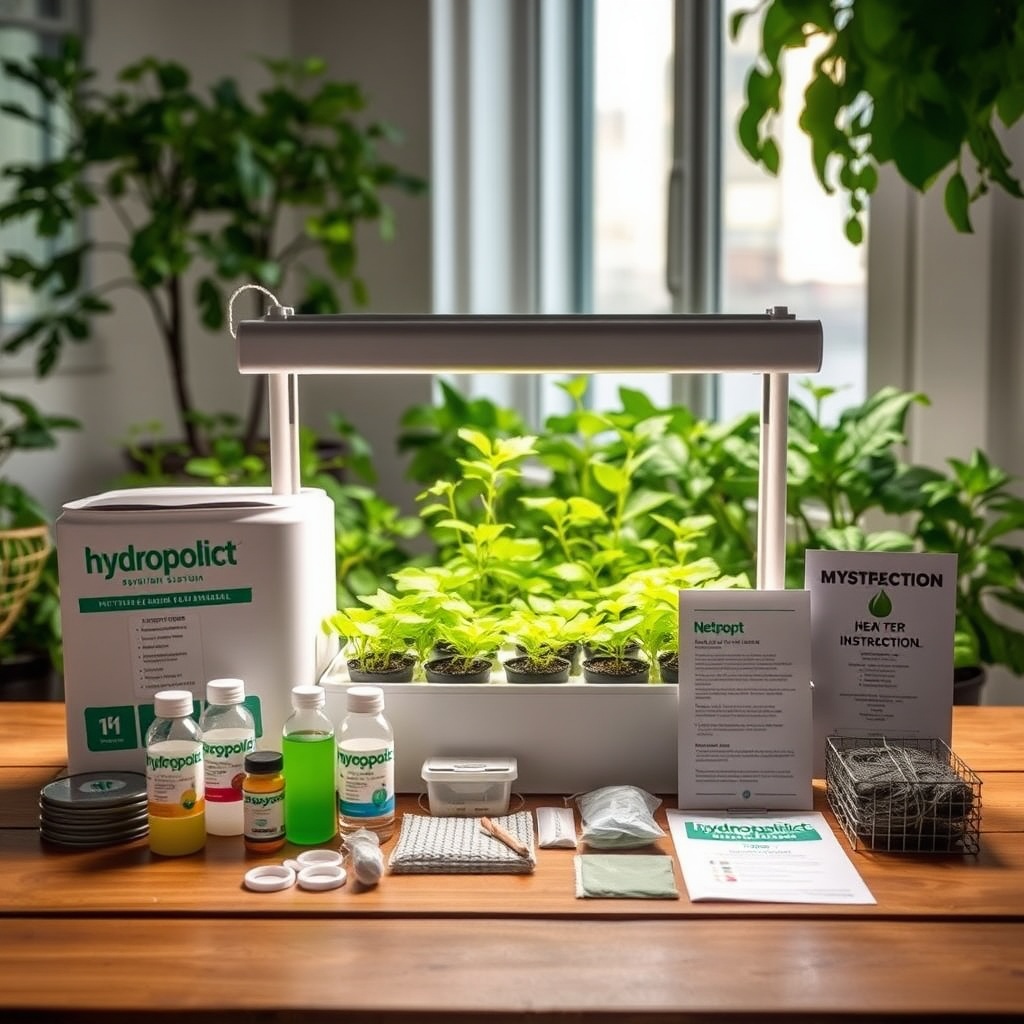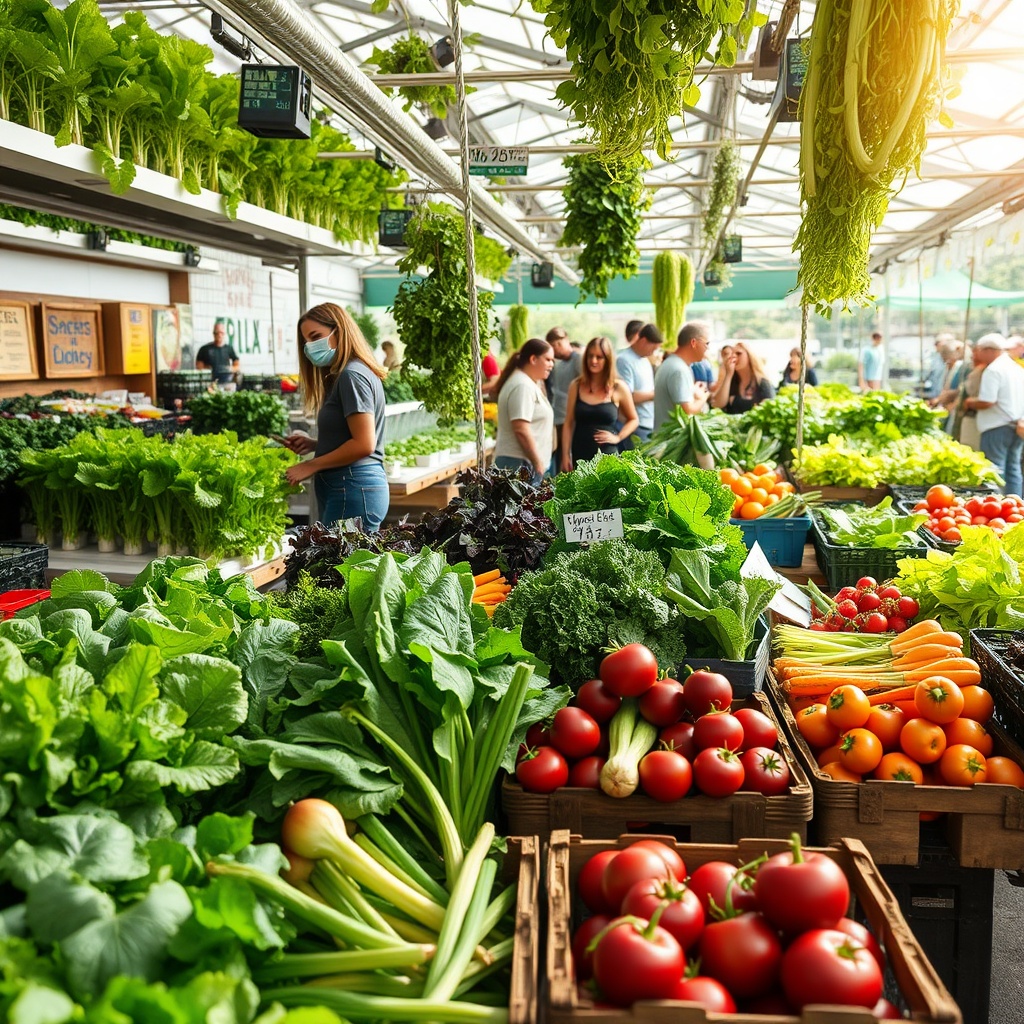The culinary landscape is undergoing a significant transformation as more individuals embrace plant-based diets. This shift is not merely a trend but a conscious lifestyle choice driven by health, environmental concerns, and ethical considerations. As consumers become more aware of the benefits associated with plant-based eating, the demand for fresh, nutritious vegetables is soaring. One innovative method of producing these vegetables, hydroponics, is stepping into the spotlight.
Hydroponics is revolutionizing the way we think about agriculture. This method allows for the growth of plants without soil, utilizing nutrient-rich water instead. As the demand for plant-based foods escalates, hydroponics presents a sustainable solution that can meet consumer needs while minimizing environmental impact. With urban areas expanding and arable land decreasing, hydroponic systems can be implemented in various settings, from rooftops to greenhouses.
Interestingly, hydroponic farming not only conserves water but also reduces the carbon footprint associated with traditional farming methods. As more people transition to plant-based diets, the integration of hydroponics into mainstream vegetable production is becoming increasingly essential.
The rise in plant-based diets is not just a fleeting fad; it is a culinary revolution that is reshaping food production and consumption patterns. With the increasing interest in healthful eating, consumers are seeking high-quality, fresh produce that can be easily integrated into their diets. This trend has led to a surge in hydroponic vegetable demand, as these vegetables are often fresher, more nutritious, and free from pesticides compared to their traditionally grown counterparts.
Here are some key factors contributing to the increasing demand for hydroponic vegetables:
- Health Consciousness: As awareness of health issues rises, people are gravitating towards fresh produce that supports their wellbeing.
- Environmental Impact: Hydroponic systems use significantly less water and land, appealing to eco-conscious consumers.
- Freshness and Quality: Hydroponically grown vegetables are often harvested at their peak, ensuring better taste and nutrient density.
- Accessibility: With advancements in hydroponic technology, fresh vegetables can be grown in urban settings, reducing transportation emissions.




